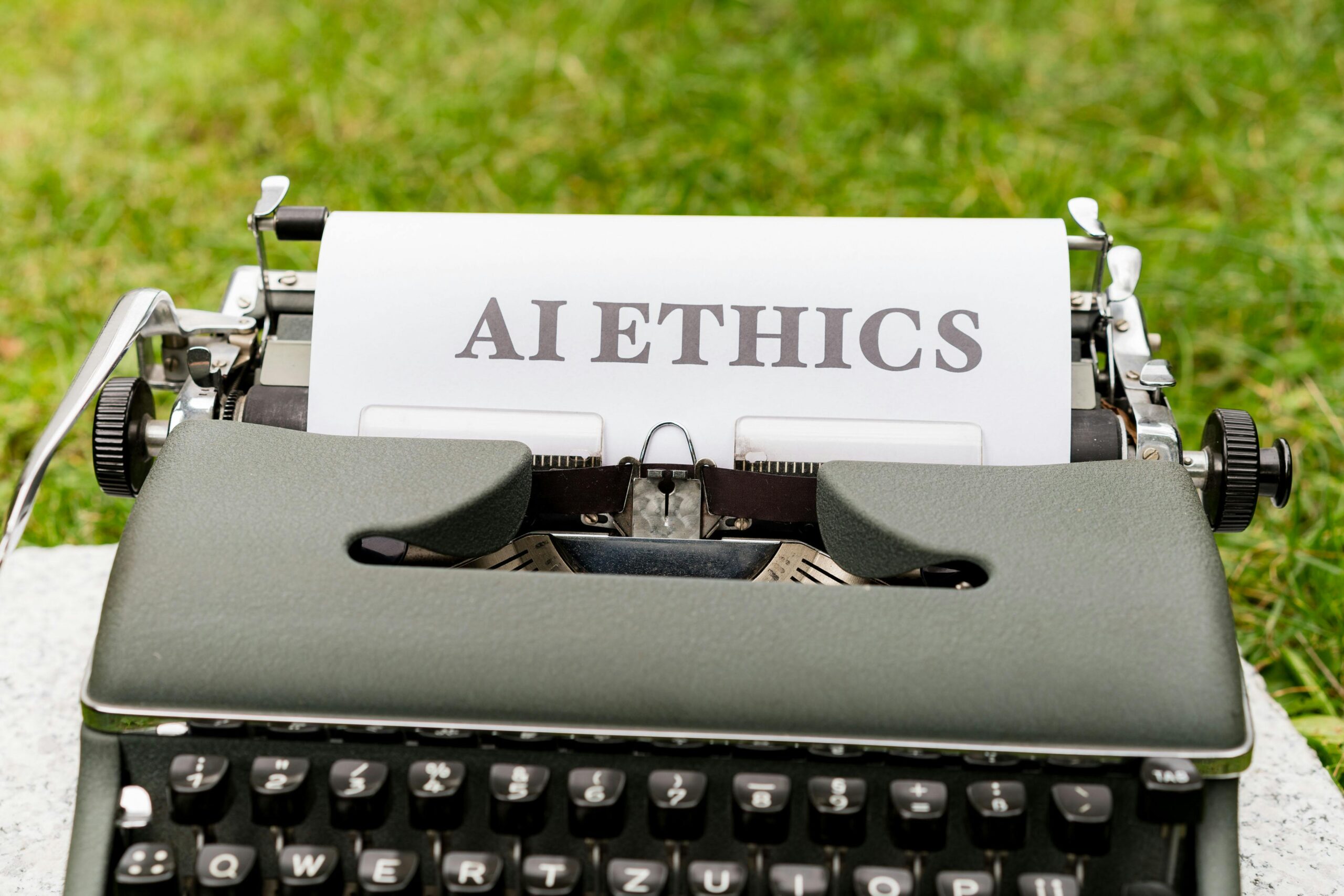This isn’t a hype piece. It’s a look at what’s really happening inside HR teams trying to balance digital transformation with human-first leadership.
Executive Summary
While AI continues to reshape the HR function, most coverage overlooks a deeper truth: the greatest risk isn’t just bias in algorithms — it’s a growing trust gap between HR leaders, vendors, and the tools we’re being told to adopt.
This article unpacks the ethical, operational, and strategic consequences of that gap — and offers a framework for evaluating AI-powered HR tools with clarity and confidence.
The Strategic HR Dilemma
AI is no longer “emerging” in HR — it’s embedded. It’s writing job descriptions, screening resumes, analyzing engagement surveys, and even recommending promotions.
But ask 10 HR leaders what they think about the tools they’ve been sold, and you’ll hear the same undercurrent: We’re not sure we trust what’s under the hood.
“We’re burning out trying to implement the tools that were meant to save us.”
— Panelist, HR Executive
Burnout Is Still Climbing — and AI Isn’t the Easy Fix
According to Gallup, U.S. employee engagement hit an 11-year low. Meanwhile, HR teams are tasked with leading AI transformation while coping with outdated systems, too few resources, and mounting pressure.
Gartner adds that 73% of HR leaders say their teams are experiencing “change fatigue.”
What HR Needs:
- Cleaner, integrated tools
- Realistic implementation support
- Outcomes over overpromises
Ethical AI Starts with Transparency
Algorithmic bias is a concern — but the real issue is how little most vendors disclose about how their tools make decisions.
According to Brookings, organizations should demand auditability, fairness, and governance — yet most HR tech platforms offer none of these.
Ask Your Vendor:
- How is the AI model trained?
- Can we test and audit outputs?
- How is bias being tracked and corrected?
Trust Is the New ROI
According to AIHR’s 2025 trend forecast, trust has overtaken feature sets in the buying process. HR leaders are evaluating vendors based on support, transparency, and alignment with values.
A trustworthy vendor offers:
- Clarity around outcomes and risks
- Post-sale support and onboarding
- Real client case studies (not just demos)
AI Should Amplify HR Judgment — Not Replace It
Used right, AI can enhance recruiting, onboarding, and engagement — but it should never remove humans from ethical, strategic decisions.
Gartner: “HR’s role is evolving from process management to people enablement. AI must support that shift.”
- Use AI to automate workflows and spot trends
- Don’t rely on it to make final hiring or promotion calls
Final Word from the Author
I’m not anti-AI. I’m pro-responsibility.
This isn’t about rejecting automation — it’s about reclaiming trust as the foundation of great HR.
You can’t outsource your culture. You can’t delegate ethics. And you shouldn’t adopt any AI system you wouldn’t be willing to explain to your own people.
Let’s keep the conversation honest — and the questions sharp.
— Jo Davis, HR Talent Insights
Tell Us What You Actually Need
We’re building new tools and resources for HR leaders navigating AI in hiring, retention, and analytics. What would help you most right now?

